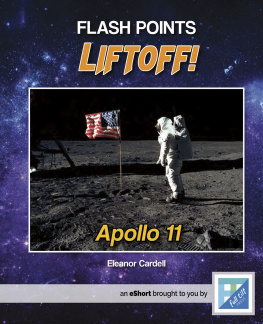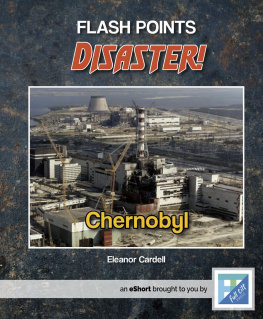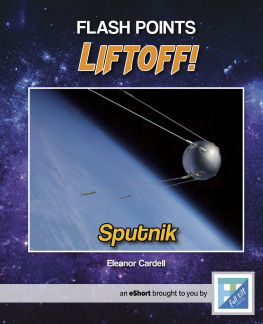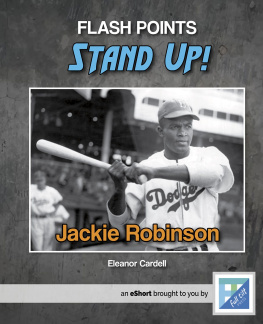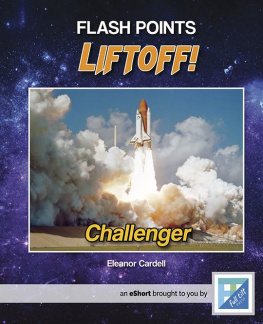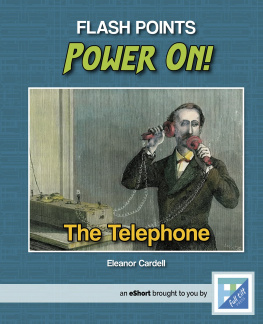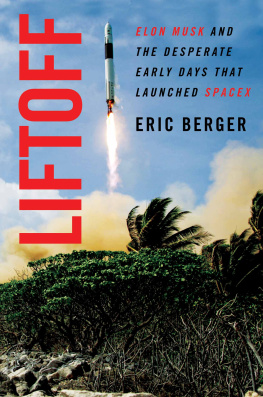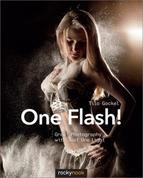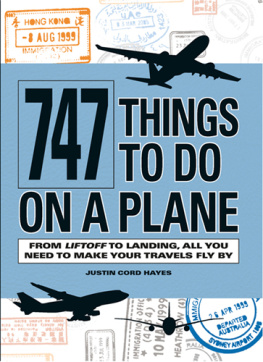
July 20, 1969
For the past three days, three astronauts have been
traveling through space. Finally, they have safely
arrived at the Moon. Two of them prepare to climb
out of the Apollo lunar module . ese astronauts
will be the rst people to walk on the Moon.
e Moon landing is being aired on live TV. In New
York, it is almost p.m. Families huddle around borrowed
televisions. Kids stay up past their bedtimes. Space travel has
been in the news for years. is is what everyone has been waiting
for. is is an event that no one wants to miss.
A camera on the outside of the spacecra sends video back to Earth. e
world watches as the hatch opens. e rst astronaut, Neil Armstrong, climbs
out. He jumps down from the bottom of the ladder. He pauses, then says,
One small step for a man, one giant leap for mankind. For the rst time ever,
there is a man on the Moon.
Apollo
lunar module: a spacecraft
used to transport astronauts
to the surface of the Moon
manned: a ight that has
a human crew on board
2 Flash Points

Did you know?
The astronauts of Apollo spent hours on
the Moons surface. Only 2.5 of those hours
were spent outside the lunar module.
There are six American ags on
the Moon one for each manned
visit to the Moons surface.
Liftoff!

German Rockets
Aer World War II ended in 1945, the
US brought many German scientists over
from Europe. German rockets were more
powerful than US rockets. e US wanted
the German scientists to help make rockets.
ey also helped to build new weapons.
Presidential Inuence
In May 1961, President John F. Kennedy
gave an important speech. He wanted
the US to put a man on the Moon by
1970. He said space may hold the key
to our future. He wanted to make space
exploration more important.
How and Why
Historical events rarely have only one simple cause. Many dierent
things such as certain events or changing ways of thinking work
together to shape the future. Take a moment to explore some of the things
that led to the successful landing of Apollo , and the rst man to set foot
on the moon.
4 Flash Points

Catching Up
In 1957, the USSR was
the rst country to send
a satellite into space.
ey were also the rst to
send a man into space, in
1961. His name was Yuri
Gagarin. e US was falling
behind in the Space Race.
ey wanted to be the rst
to put a man on the Moon.
First Orbit
e US sent a spaceship
into orbit around the
Moon in 1968. It was the
rst mission to orbit an
object other than Earth.
It had three astronauts.
ey took one of the
most famous pictures
of Earth. It is called
Earthrise.
Liftoff!

The astronauts who landed on the
moon brought experiments with them.
One of these is still working today.
6 Flash Points

What Happened Next
e United States was very afraid of the USSR.
People were very divided. But the Moon
landing aected everyone. e American
people could be proud that the US put a
man on the moon. ey could watch it on
their TV screens. It was a real victory.
e Moon landing changed the world.
Science ction was very popular. e Moon
landing made books and TV shows about
space travel more popular. Many children
watched the Moon landing late at night. Later they
studied science. e successful Moon landing made people
believe that the US space program was the best in the world.
e Moon landing was very important for science. e astronauts
brought back lots of rock and soil from the Moon. NASA labs
studied these samples and learned a lot about the Moon. ey
even discovered some clues about how the Moon was formed. e
Moon landing ended the Space Race. e United States had won.
It was not the end of space travel, though.
Did you know?
In 1969, President Richard Nixon awarded
the Presidential Medal of Freedom to all
three Apollo astronauts.
Liftoff!

Ripple Effects
A single event, no matter how big or small it may seem at the time, can
have a big impact on the future. e successful landing of Apollo and
Neil Armstrongs rst steps on the moon had many far-reaching eects.
Space
Race
Russia, then known
as the USSR, had been
winning the Space Race.
Theyd put the rst satellite
into orbit. Theyd sent the
dog Laika into space. And
theyd sent the rst human
into space. The US was
falling behind. But then,
American Neil Armstrong
put the rst footprint on
the Moon. Finally, the
US took the lead in
the Space Race.
Funding
The space program
had been having problems.
However, after the success of
Apollo , it was given more money
so it could continue its work. There
were ve more manned missions
to the Moon. They were all part of
the Apollo program. In total,
people have walked on the
surface of the moon.
8 Flash Points

Technology
Rockets became more
complicated. NASA
needed more complicated
computers to y the
rockets. NASA gave money to
research for microchips. This
technology spread. Companies
got better at making
microchips. Because of this,
building computers became
less expensive. Soon,
computers became
more aordable
for everyone.

